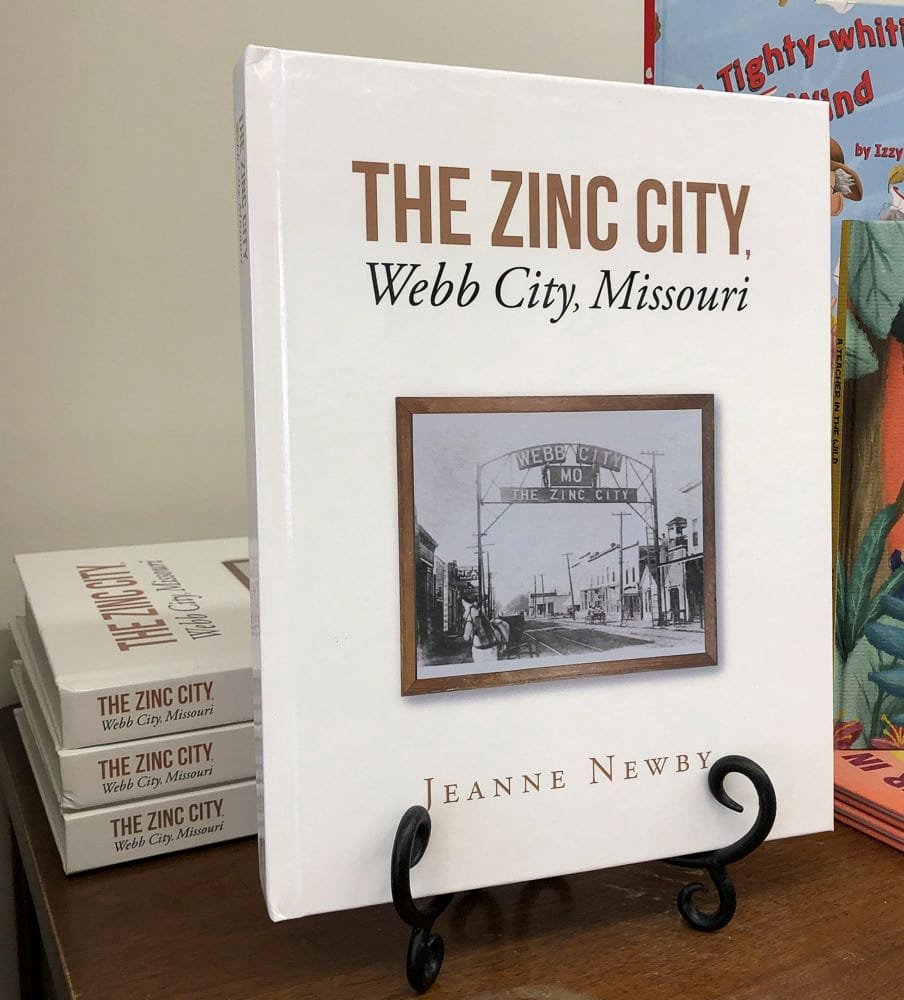Jacob Litteral left a mark on this world in his actions and deeds, but what I find fascinating is how he was connected to some of the often-repeated names in the history of the area.
Jacob came from a well-known family located in Washington County, Ark. They were early pioneers associated with Fayetteville, Bentonville, and Springdale. They had migrated to Arkansas in 1846 from Tennessee.
One hundred years later, in 1946, Jacob’s niece, Sally was in the news as being the oldest resident in Springdale, Ark. Sally died Nov. 4, 1949, at the age of 98 years, 4 months and 17 days. She told a story of her youth during the Civil War. They were living in Sycamore Springs, Ark. when a scourge of smallpox went through the area. Sally, her mother and baby brother all came down with the dreaded disease. The doctor, too busy with the many other patients who also had smallpox, was unable to make it out to their farm. So Sally’s dad, who owned a drug store in Springdale, nursed the family with poultices.
The smallpox left many scars, but the actual sores came in handy. One day, the Union army (which she referred to as Feds) showed up at the farm and they headed for the smokehouse to help themselves to the family food supply. Sally said she stood at the window with all her scabs showing. One of the Feds threatened to shoot her if she came any closer. Sally just opened the door and stepped outside and the raiding party left in a hurry, and the few family hams were saved. She also mentioned her father being taken prisoner by the Feds when he was home on leave. He was actually sick at the time, which she says was due to the poor diet of cornmeal that the Rebs were forced to endure.
There are many other towns listed in Jacob’s history, some of which indicate the family’s influence. The town of Sycamore Springs came to be known as Litteral, Ark. and was located in Litteral Township. It was noted that when Jacob moved to Missouri in 1893, the name of the town was changed to Wheeler in honor of the local postmaster, but the township continued to be known as Litteral. The citizens had a hard time with the name change and often referred to the town as Litteral-Wheeler.
Jacob invested his money in the mineral land of Jasper County, and he did well in his mining business. In 1880, at the age of 40, Jacob married 25-year-old Adelia (Delia) Ann Hatcher, the niece of John C. Webb, who founded Webb City in 1876. Jacob and his new brother-in-law, Ben Hatcher, went into a joint venture in mining the Hatcher farm land and became very successful. So in 1883, Jacob moved his family to a farm in Carterville, which allowed him to keep an eye on his large interests. He then became active in banking interests, still operating his farm. He was a stockholder in Miners Bank of Joplin, First National Bank of Carthage and was also the director of the First National bank of Carthage.
Jacob and Delia had three children, Jessie Ethel Litteral, Lura Pauline (Polly) Litteral and Charles Litteral. Jessie attended Central College in Lexington, Ky., and in 1900, Forest Park University in St. Louis. When she was 26, Jessie married 35-year-old banker William C. Burch. They had a beautiful home at 410 E. Main St. in Carterville. Jessie and William had three children: Halycon Ann Burch, who married Henry Hook Harris, Jr; Mary Louise Burch, who married William Wilson Waggoner; and their son William Covington Burch Jr.
Lura Pauline “Polly” Litteral married Andrew Jackson Harrington, who became a prominent dry goods merchant in Carterville. He also owned a brokerage house and dealt with securities.
Jacob and Delia’s son, Charles, secretly married an actress named Pauline in 1905 at the age of 22. Jacob and Delia were not too pleased when told of the marriage. Charles and Pauline spent the winters in Texas, Arizona, and southern California for Charles’ health. In 1906, at the age of 23, it was determined that Charles had tuberculosis of the lungs and bowels. In 1907, Pauline joined a theatrical group that would be touring Mexico. She left Charles in El Paso with his blessings. Charles then went to San Antonio, where his health diminished rapidly. He sent for his father, and Jacob arrived as quickly as possible to learn that Charles’ condition was hopeless. He took his son to a sanitarium to build up his strength to allow him to travel home to Missouri.
Charles lived about one month and was buried in Mount Hope Cemetery. Jacob had no way of knowing where Pauline and her acting troupe were located so she did not find out about Charles’ death until about a week later when word finally reached her. She headed for Missouri, where she informed Jacob that she was having Charles exhumed and buried in Rock Island, Ill. They went to court to fight this battle.
Legally, the widow has the say as to where her husband will be buried, if she is available at the time of death to do her duty. But since Pauline was not around at the time of death the court ruled she lost her right to determine the burial location and there was no good reason for permitting the defendant to remove the body from its resting place. Charles remained at Mount Hope Cemetery and was joined by his parents, Delia, who died on Feb. 23, 1923, and Jacob a few months later, on Aug. 13, 1923.

Jeanne’s new book, “The Zinc City, Webb City, Missouri” is now available at Webb City Chamber Office.

The Webb City Sentinel isn’t a newspaper – but it used to be, serving Webb City, Missouri, in print from 1879-2020. This “newspaper” seeks to carry on that tradition as a nonprofit corporation.
© All Rights Reserved 2024
DIY website design by Bob Foos